Buying a holiday let is an exciting investment, but there is more involved than simply thinking about furnishings and what to include in your welcome pack. Self-catering holiday homes are subject to specific holiday let rules and regulations and, as an owner, it is necessary to know and understand your legal obligations. These rules are in place to protect both your property and your guests. They might seem complicated to begin with but, once implemented, it helps run you to run your business smoothly! Here is everything you need to know!
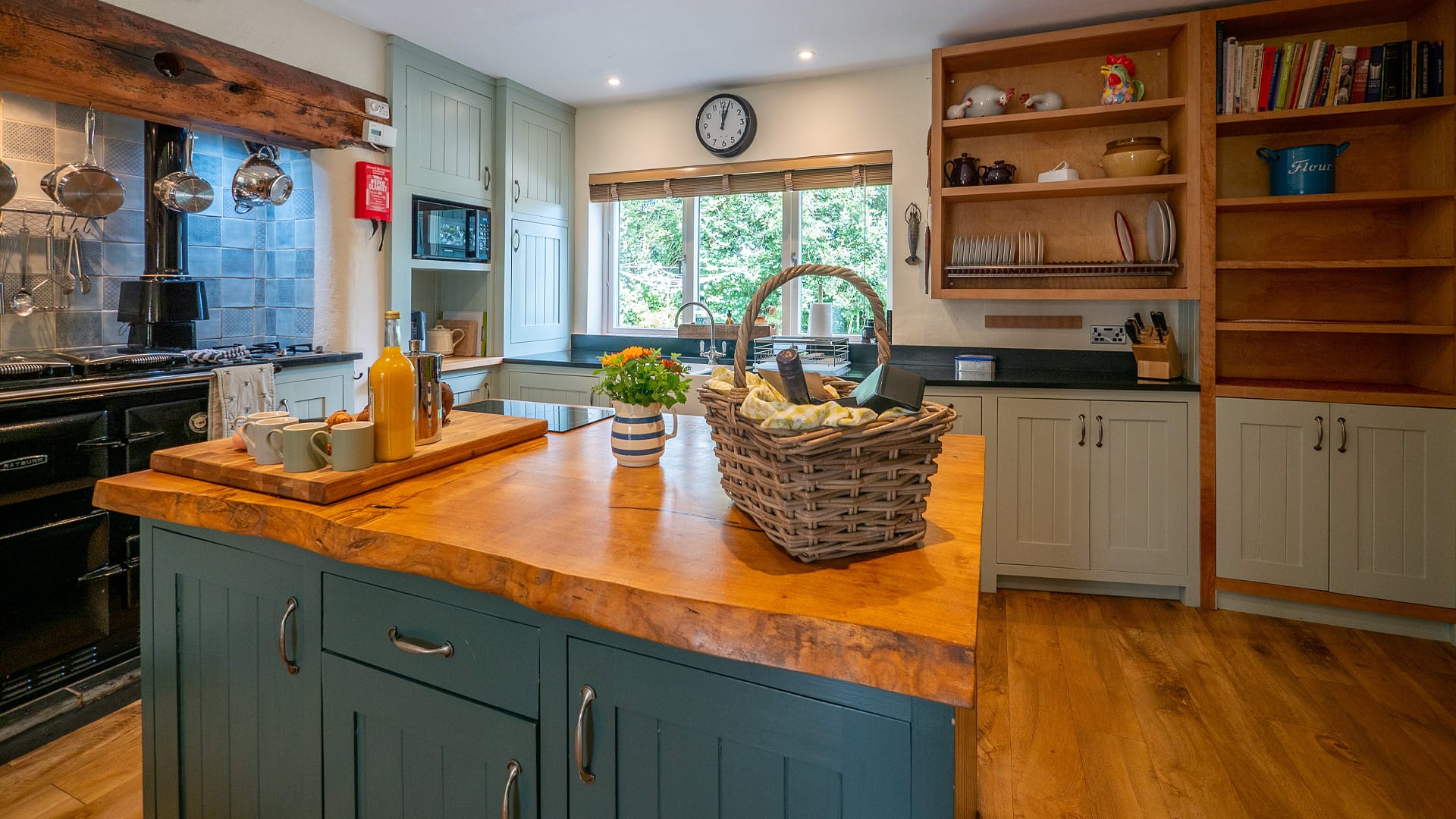
(Ritson Farm, Near Totnes)
Stay Up to Date
It is no simple endeavour to keep up to date with rules and regulations; however, it is important to stay on top of it and know your legal obligations. Rules and regulations cannot be forgotten or overlooked. There are various sources of information that are great to keep up to date: HMRC Guidance & Visit England’s The Pink Book. Rules are changing from April, so be sure to keep your eyes peeled!
*Written in October 2024 – please check current information for updates*
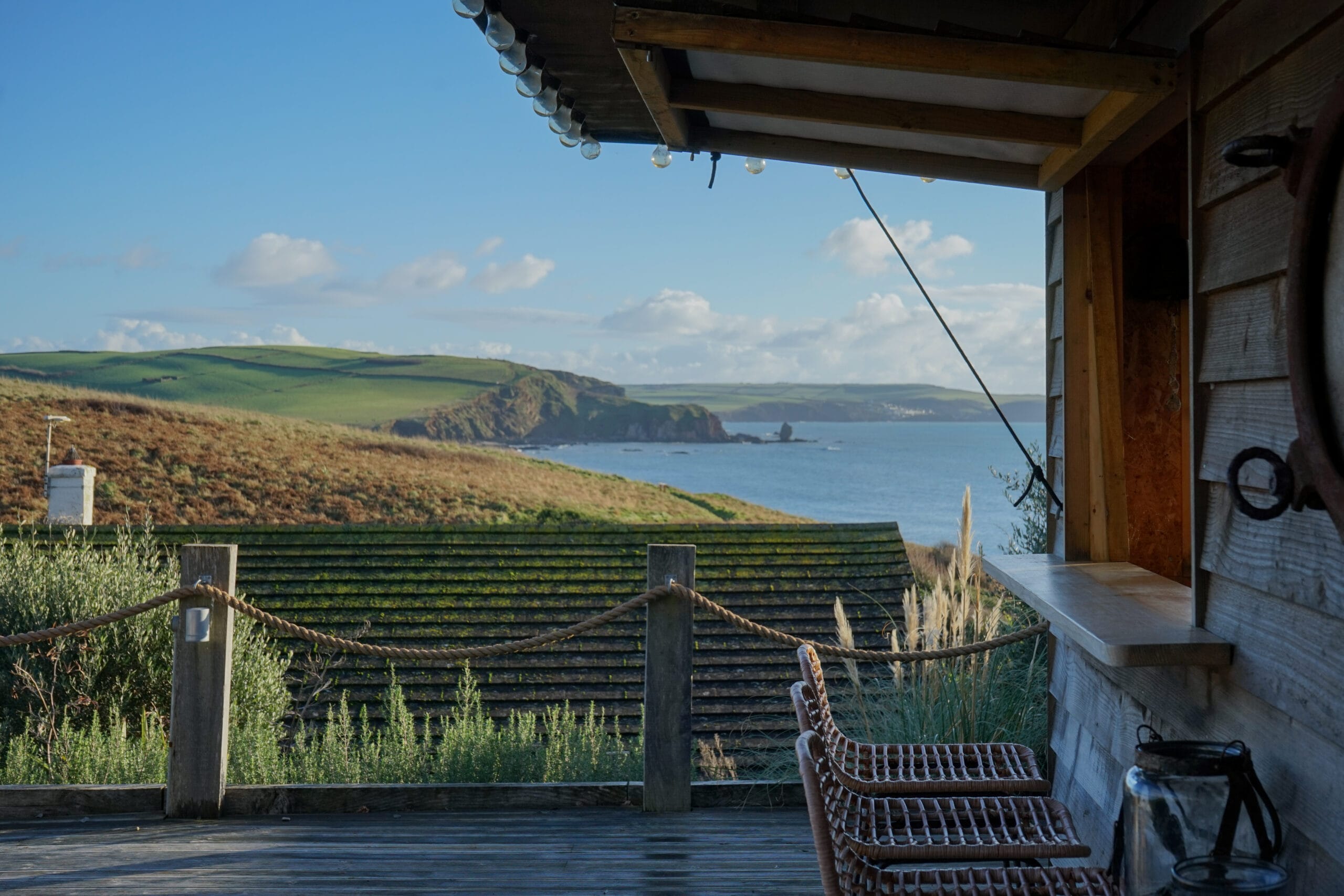
(Stargazy, Bigbury-On-Sea)
What is a short-term holiday let?
A short-term holiday let is a property that is let out to guests for short periods of time. Owners are expected to provide accommodation that is fully furnished and well-equipped for overnight stays. Properties can be let out for just a few nights or anything up to a few weeks.
Planning Permission
If you already own an existing holiday let, you do not need to apply for planning permission because there is no change of use on your property. It is, however, worth checking that there are no clauses regarding commercial letting in your lease agreement. If you are thinking of letting your holiday home or converting part of your property to be let as a holiday home, you will need to contact the planning department of your local authority for advice on planning permission.
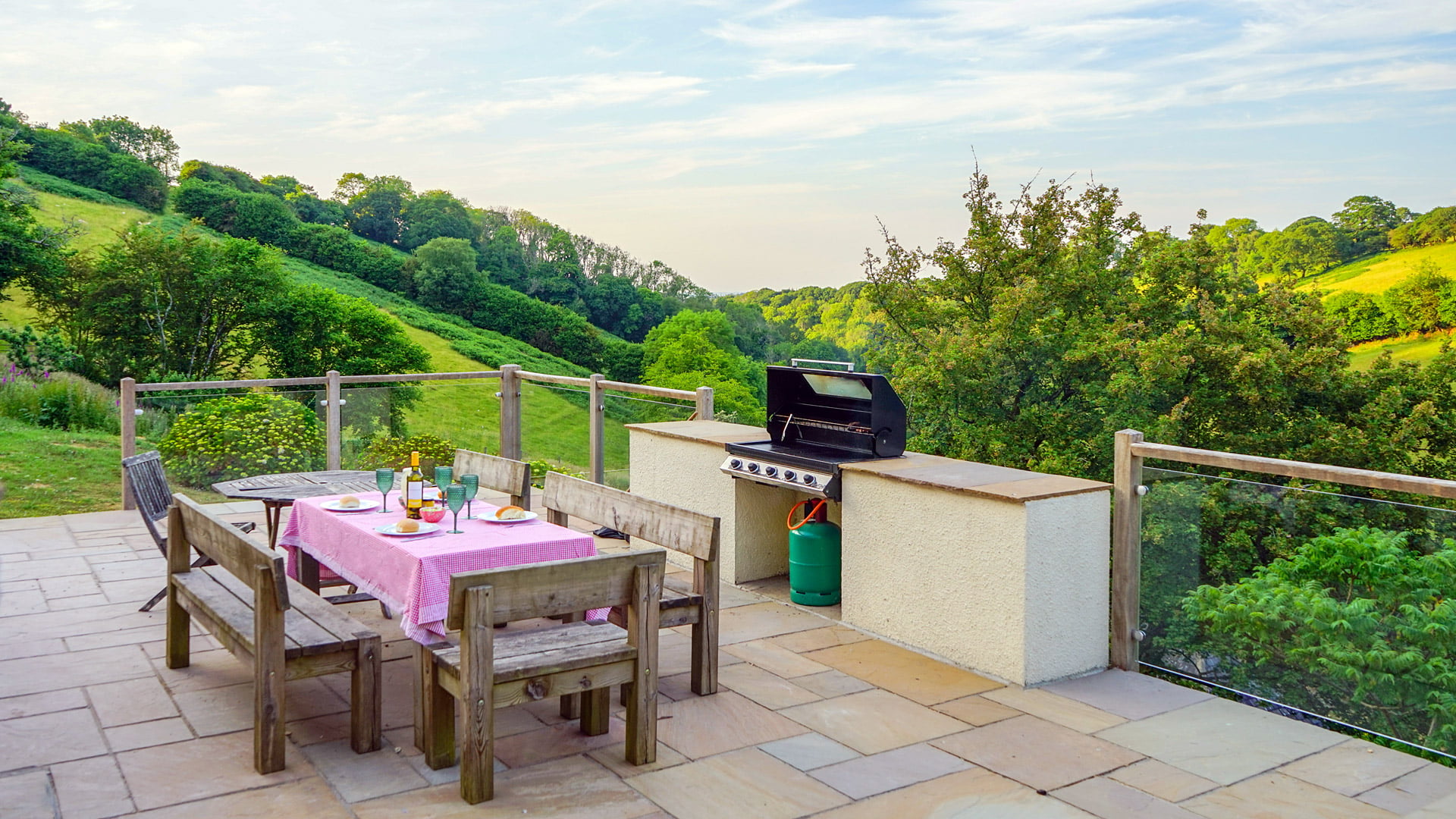
(Higher Venice, Near Dartmouth)
Mortgages
If you are letting out your property to tourists for profit, you need a holiday let mortgage. Residential mortgage lenders generally don’t permit short-term lettings. If you already have a mortgage, you will need to get in touch with your mortgage lender to get permission to commercially let your holiday home to guests and this is not always granted.
Council Tax & Business Rates
Rates differ from residential properties. If your holiday home is available for letting for more than twenty weeks of the year and physically let for seventy days in a twelve-month period, then you should be registered for business rates property tax rather than council tax. Visit the government website for more information.
Financial Responsibilities
As with any business it is compulsory to keep accurate documentation and accounts which record income and expenditure for your tax purposes. You must declare all earnings from your business when filing your annual return. You must understand the tax rules and allowances to ensure your finances are all correct and you are legally compliant.
We recommend using services from a professional accountant or bookkeeper to manage your finances. They will ensure that you are paying the correct tax and making the most of allowances that the government provides.
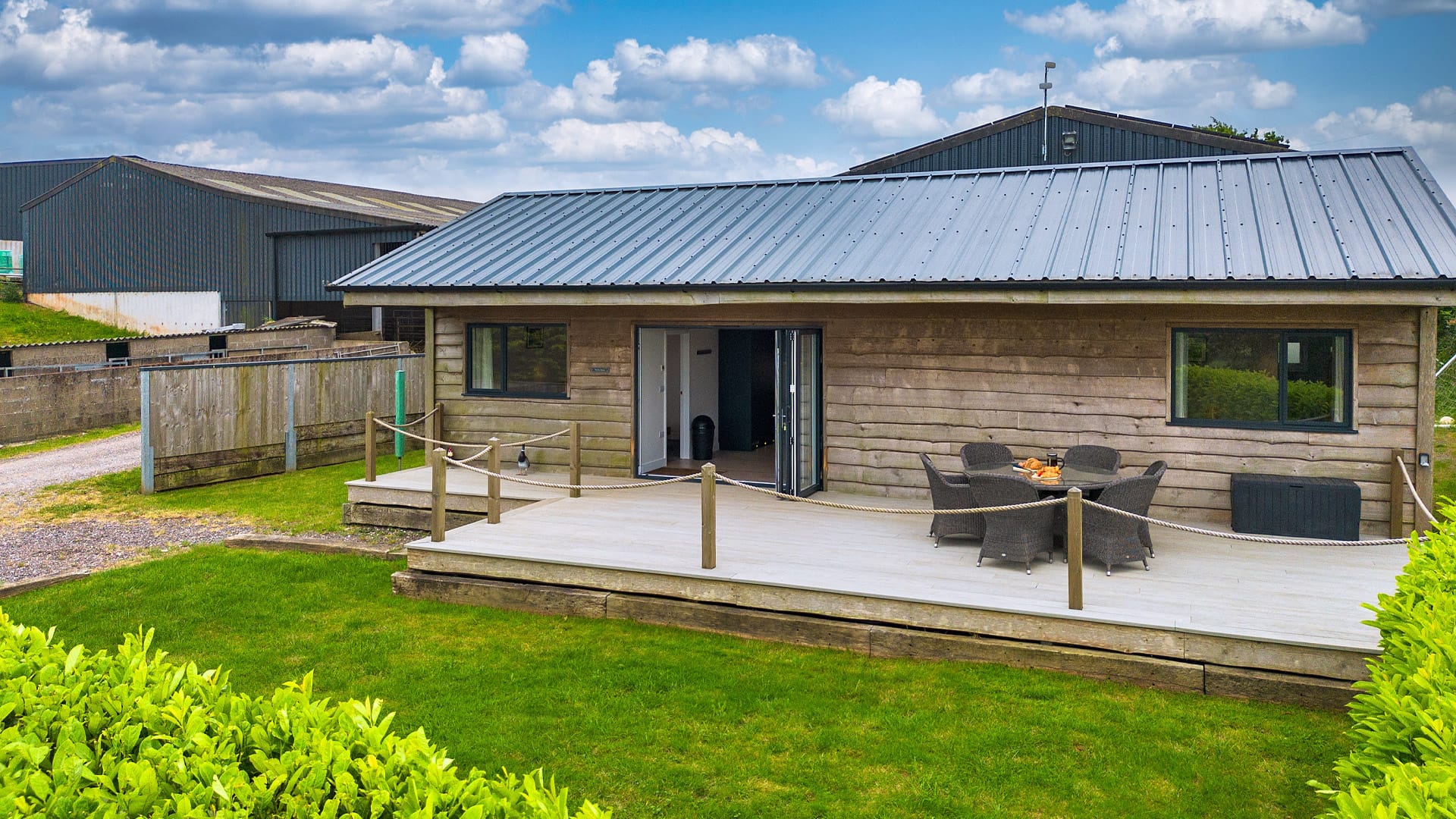
(The Hen House, Near Slapton)
Insurance
Holiday let insurance is a specialist form of cover that is required of holiday let properties. It is often a requirement by mortgage lenders. There are three different types to think about:
- Building and Contents Cover – protects you and your holiday home but make sure to check what is covered
- Public Liability Insurance – an essential insurance that prevents you from exposing yourself legally and financially if a guest gets injured
- Employers’ Liability Insurance – if you have any employees then this is a legal requirement that covers you from an employee’s accident or injury claim
Health & Safety
As a responsible owner, you will want to make certain that your guests enjoy a safe stay. Healthy and Safety Management is important not only for security and well-being of guests but also to reduce your liability in the event of an accident.
Do a complete risk assessment of your property to highlight any potential issues, both inside and outside of your holiday home. Use common sense. There is plenty of information on the HSE website, but examples could include:
- Potential slips and trips hazards
- Child-safety measures are in place
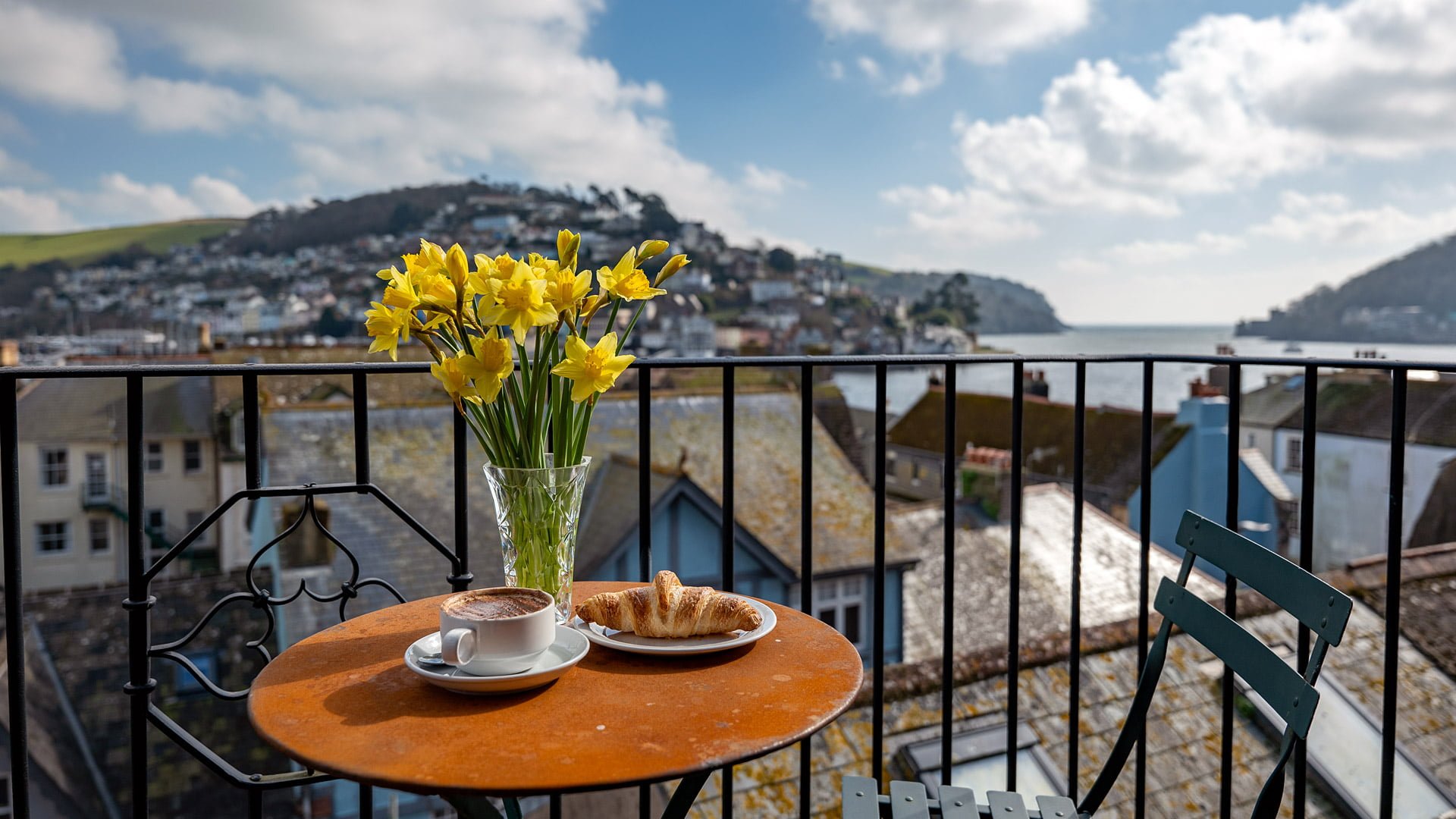
(Captain’s Cabin, Dartmouth)
Electrical Regulations
You are required by law to ensure that all electrical appliances, circuits and fixed installations are safe. Electrical supplies, wiring and appliances should be checked for safety. There are no legal requirements to obtain or renew PAT; however, we recommend being proactive and getting items PAT tested. Faults can cause serious injury, death or fire and if not checked you can be held accountable!
Fire Regulations
Conducting and implementing a fire risk assessment can save lives, is a legal requirement and ensures duty of care. It should consist of an organised review of your holiday cottage, activities carried out within your property, and what happens if a fire should start in your premise. The government website is the best place for guidance on completing a fire risk assessment.
Consider installing other safety measures such as emergency lighting, fire extinguishers and a fire blanket. If you have an open fire or log burner, it is best practice to leave safety instructions on how to use the fire. It is also often a requirement of insurance companies to have the chimney swept once a year.
All premises used as self-catered holiday accommodation require an interlinked automatic detection and fire warning system. These must be tested regularly and be loud enough to wake anyone sleeping in the property.
You need to make sure your furniture and furnishings comply with commercial fire safety standards. The law requires you to prove that any of the furniture and fittings supplied in the property comply with the standards set out in the Furniture and Furnishings Regulations 1988. These regulations are in place to make sure that your furniture has a certain level of fire resistance. If you are letting out your holiday cottage, the regulations apply to every upholstered item in the property, and it is required that they are suitably labelled.
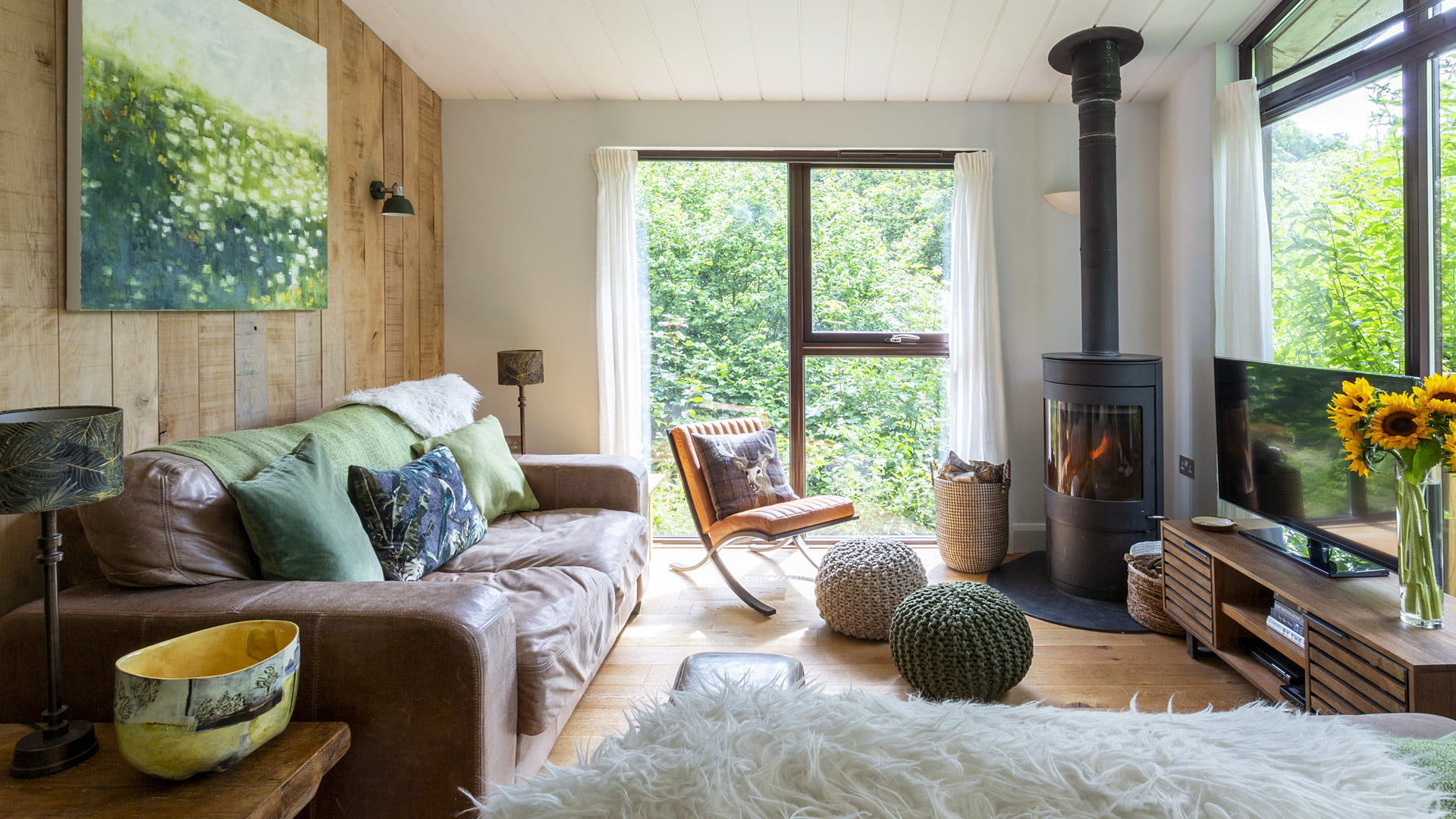
(The Cabin, Near Slapton)
Gas Safety Regulations
If your holiday home has gas appliances, it is your legal responsibility to ensure that all appliances are correctly installed, maintained, checked annually and have the correct alarms installed for if something was to go wrong. You need to ensure you are up to date with the latest regulations and that checks are done annually. Make sure you have a CP12 certificate for all necessary appliances. They are conducted by a Gas Safe Engineer, and they will prove you, the property and your heating company with a copy. Also make sure to give guests clear instructions on how to use all appliances safely.
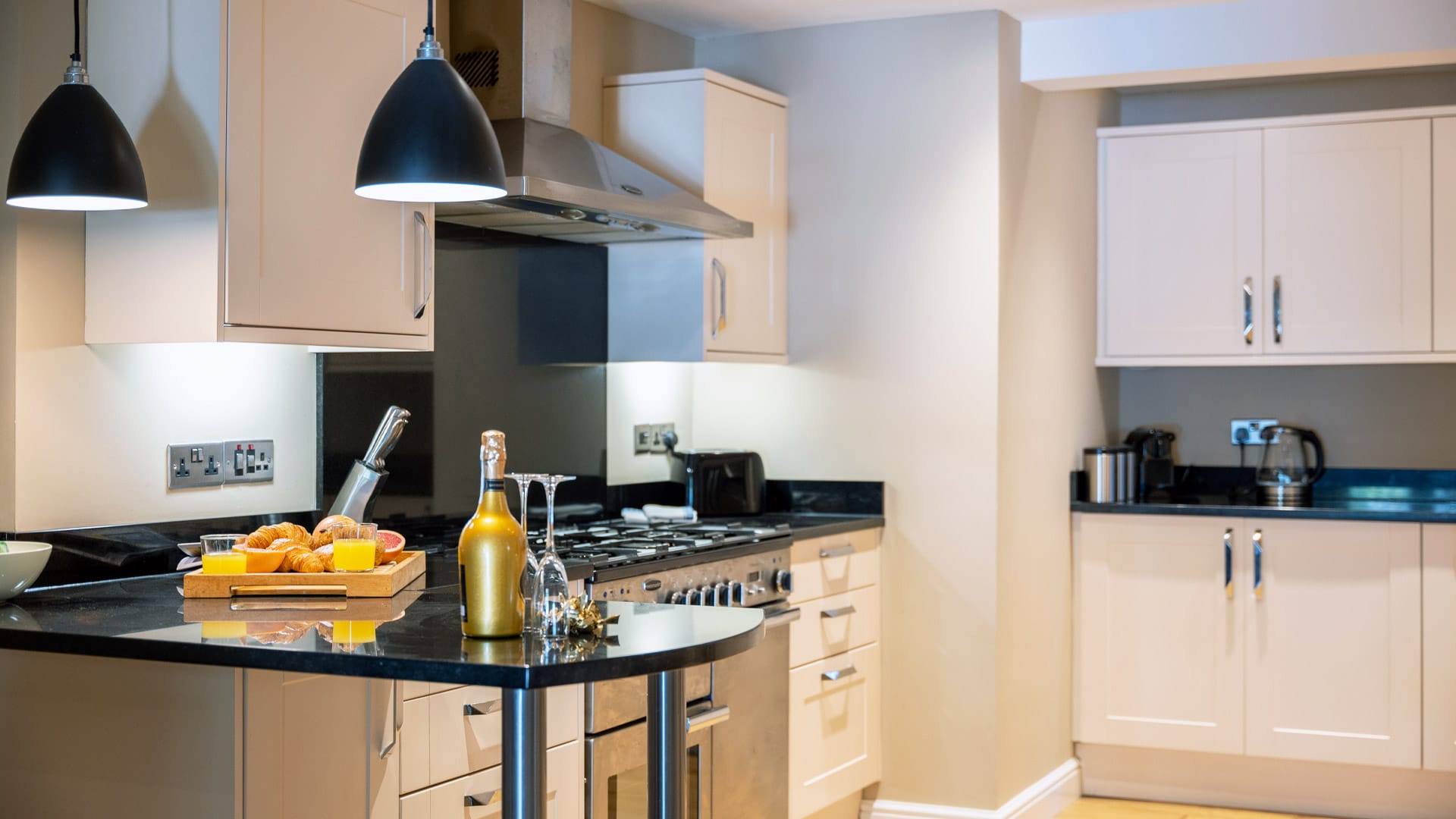
(Elm Grove, Dartmouth)
Hot Tub & Swimming Pool Regulations
Hot tubs and swimming pools are big attractions for holiday homes, but both require a lot of maintenance. It is important to make sure they are well maintained. It is important to understand the guidance on operating and maintaining them to make sure they are safe and enjoyable. Take reasonable precautions to prevent injury and protect your guests. Failure to do so will raise questions as to whether your negligence was the cause of the accident. For guidance, check out the HSE.
TV, Music & DVD Licenses
If you have a device available where visitors can watch or live stream TV, you need a license. For a holiday let, you need a special type called a Hotel & Mobile Units Television License. If you provide a DVD library for your guests, you need a DVD Concierge License. Prices vary, so do your research!
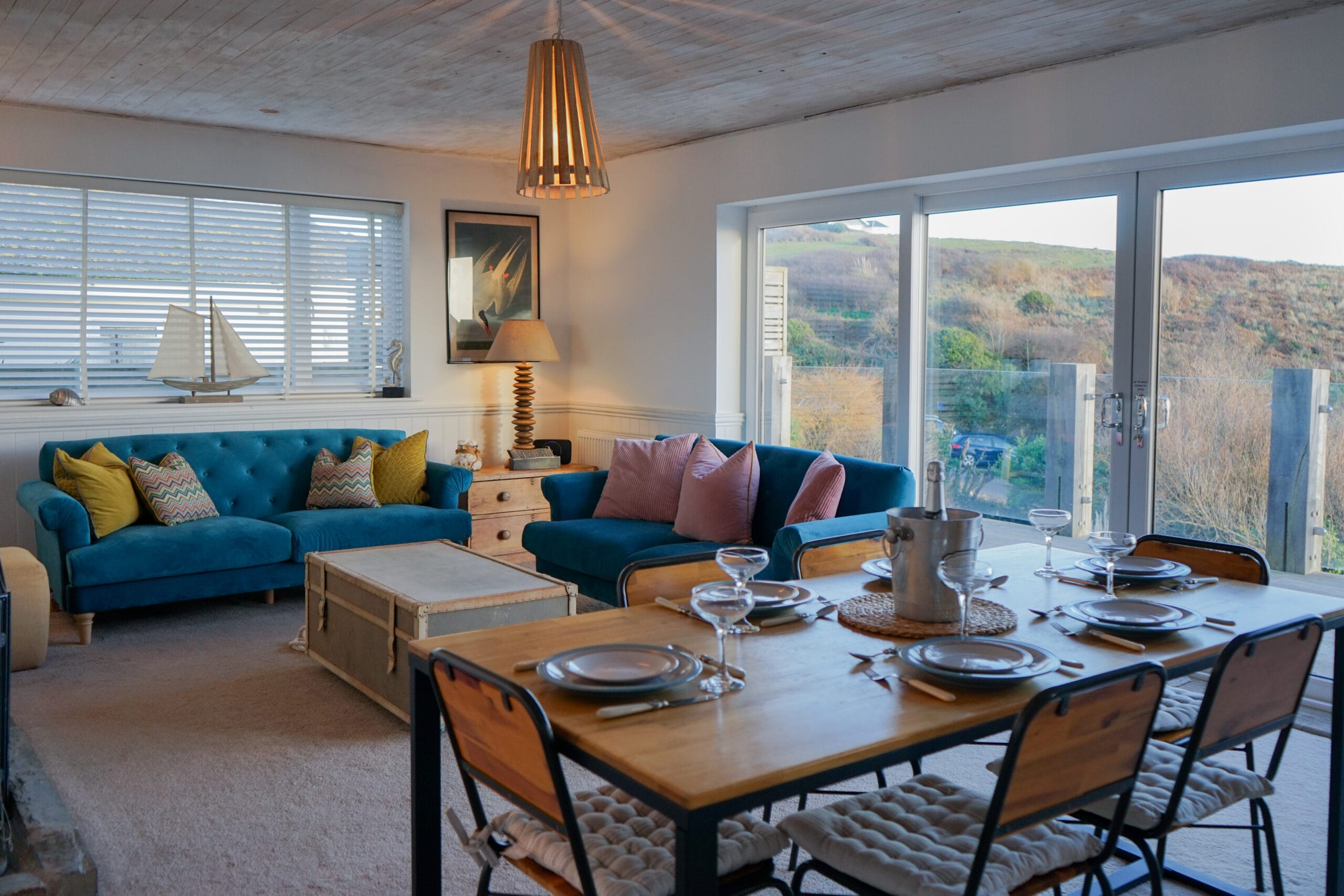
(Stargazy, Bigbury-On-Sea)
Furnished Holiday Let Tax Rules
There are lots of tax benefits to meeting the criteria of a FHL. To qualify as a FHL you must meet a certain criterion:
- Fully furnished
- Within the UK or within the EEA
- Be available for letting 210 days of the year
- Be let out for a minimum of 105 days of the year
- Not to be occupied by tenants for more than 31 days at a time
*Spring Budget announced that the FHL tax regime would be removed from 1st April (this was written in October 2024)*

Changes to Rules from April 2025
Here are the current proposed changes from April 2025:
- Owners will need permission for the council to turn their home into a short-term holiday let
- Introduction of a mandatory National Registration Scheme to provide property information and ensure safety guidelines are met
- Restrictions to the number of guests allowed to stay in properties
- Mandatory Health and Safety inspections will be required to ensure compliance with local standards
- Changes to limits on the number of days that properties are rented for to address housing shortages
- More stringent requirements for smoke detectors and fire extinguishers
- All income should be recorded and reported for tax purposes
- VAT registration is required if income exceeds £90,000 (can volunteer to pay if earning under this figure per year)
* Rules don’t apply to people renting out their home for less than 90 nights a year*
Please Note: The information contained in this article is based on research at the time of writing. Nothing in this article constitutes the giving of financial, tax or legal advice. Please consult your own professional advisor (accountant, lawyer etc). Rules and regulations are changing all the time. Please contact us to find out more about current rules and regulations.